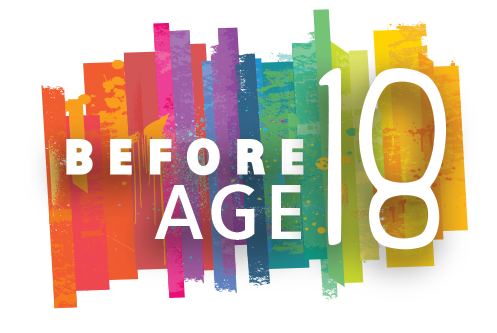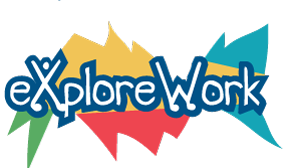Work-Based Learning Experiences
Work-based learning experiences combine in-school or after school opportunities with experience outside the traditional school setting in the community. These experiences should be provided in an integrated environment to the maximum extent possible.
Work-based learning uses real work experiences to provide students with opportunities to build knowledge and learn new skills to prepare for future careers. They assist students to:
- develop work skills through participation in paid and nonpaid work experiences in community integrated employment
- apply classroom knowledge to the workplace
- gain greater understanding of the soft skills important to success in the workplace
- learn from people currently practicing in the occupations and career of interest to the student
These opportunities are meant to engage, motivate and supplement learning. Work-based learning experiences can include private, for-profit, public or nonprofit businesses in your community and/or through web-based resources. Work-based learning experiences should:
- be provided in an integrated setting in the community
- be paid at no less than minimum wage, if pay is provided
- include direct employer or community involvement as a component to foster student engagement and job learning
- require in-depth engagement of youth with oversight and evaluation of acquired skills by identified staff
- result in an evaluation of how acquired skills can be applied to future training needs and career opportunities
Types of Work-Based Learning Experiences
Work-based learning experiences may include:
Work-Based Learning Activities*
Here are some ideas for completing work-based learning activities with individual students or with a group of students.
Individual
- Connect student with a business mentor
- Develop work sites aligned with student interest
- Provide local volunteer opportunities for students
- Conduct work-based learning evaluations of student performance
- Provide opportunities for Internships, Apprenticeships (not registered apprenticeships or pre-apprenticeships), Fellowships
Group
- Support students to participate in career competitions
- Coordinate informational interviews to research employers
- Conduct work-site tours to learn about necessary job skills in various business settings
- Provide job shadowing and mentoring opportunities in the community
*Source: CRP Pre-ETS Guidebook: Strategies for Community Rehabilitation Providers to Collaborate on Pre-ETS
Identify Student Progress
Identifying students’ progress can help you:
- Determine if the student needs or continues to need work-based learning experience.
- Identify specific activities that could be most beneficial to focus on or prioritize as you individualize services.
- Share information as you collaborate with other service providers.
- Document how services are individualized based on the student’s needs.
Tools
Following are some tools and resources to assist you with your career planning activities.
Featured Resources

Before Age 18
For youth with disabilities and their families, get ready to consider choices, explore the possibilities, and take action now to prepare for age 18! Before Age 18 Website

Explore-Work.com Training
Online training to help youth explore their future -- follows the five Pre-ETS training topics. Explore-Work Website
Training
- Work-Based Learning Experiences Training from Explore-Work.com
-
Journey to a Successful Work Experience from the American Printing House for the Blind: This series of ten lesson plans is designed to provide professionals with a structured approach for helping teenagers who are blind or visually impaired seek and prepare for a summer work experience. Feel free to print out and adapt the lesson plans for your needs or the needs of the individuals you work with.
Related Resources
- Work-Based Learning Experiences Activities from NTACT:C
- CRP Pre-ETS Guidebook: Strategies for Community Rehabilitation Providers to Collaborate on Pre-ETS
- National Technical Assistance Center on Transition: The Collaborative (NTACT:C)
- Career Connect: for Job Seekers Who Are Visually Impaired from the American Printing House for the Blind
